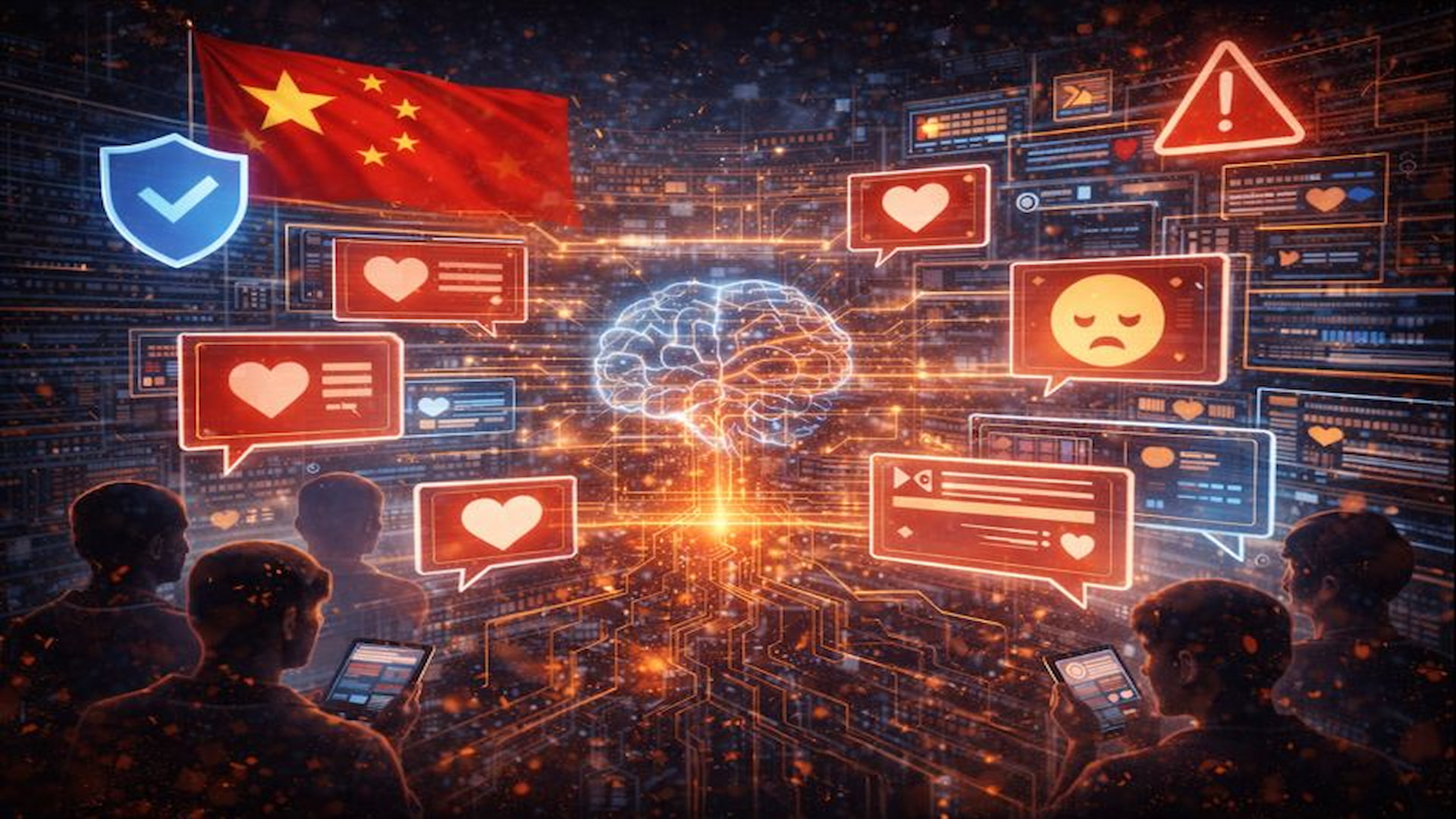Europe’s healthcare systems turned increasingly to AI in 2025, using new tools to predict disease, speed diagnosis, and reduce administrative workloads.
Countries including Finland, Estonia and Spain adopted AI to train staff, analyse medical data and detect illness earlier, while hospitals introduced AI scribes to free up doctors’ time with patients.
Researchers also advanced AI models able to forecast more than a thousand conditions many years before diagnosis, including heart disease, diabetes and certain cancers.
Further tools detected heart problems in seconds, flagged prostate cancer risks more quickly and monitored patients recovering from stent procedures instead of relying only on manual checks.
Experts warned that AI should support clinicians rather than replace them, as doctors continue to outperform AI in emergency care and chatbots struggle with mental health needs.
Security specialists also cautioned that extremists could try to exploit AI to develop biological threats, prompting calls for stronger safeguards.
Despite such risks, AI-driven approaches are now embedded across European medicine, from combating antibiotic-resistant bacteria to streamlining routine paperwork. Policymakers and health leaders are increasingly focused on how to scale innovation safely instead of simply chasing rapid deployment.
Would you like to learn more about AI, tech and digital diplomacy? If so, ask our Diplo chatbot!










